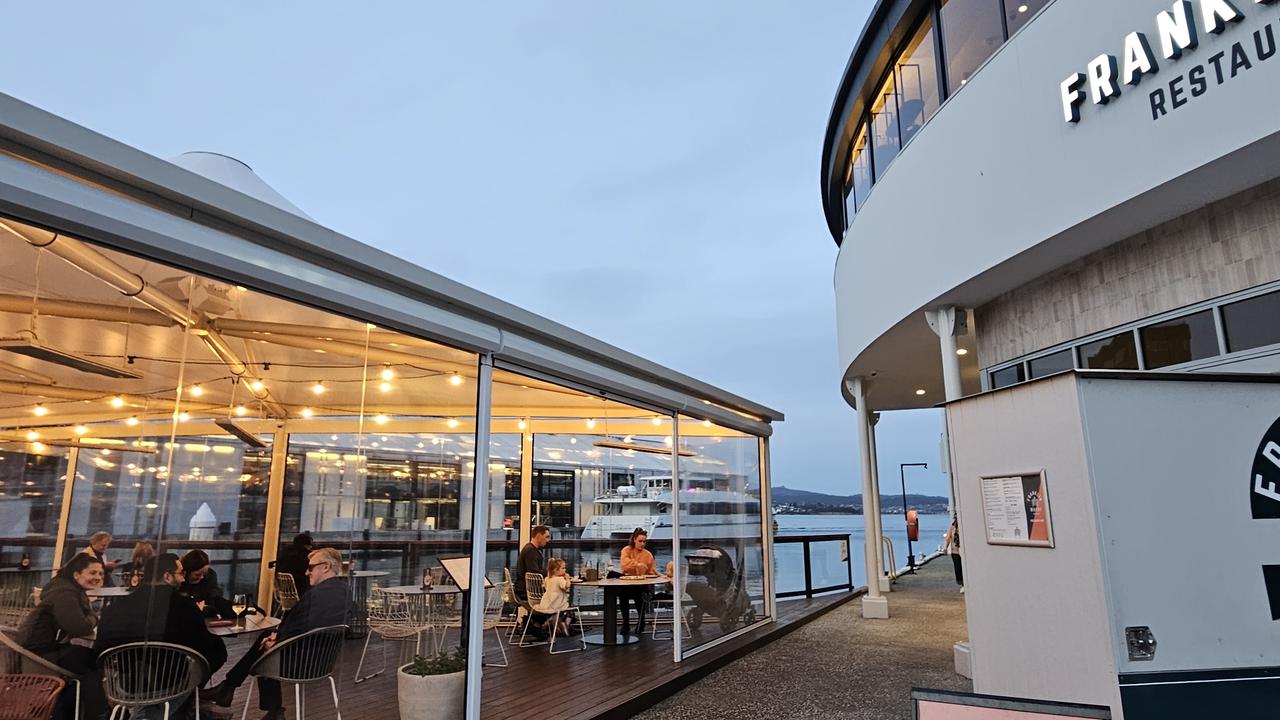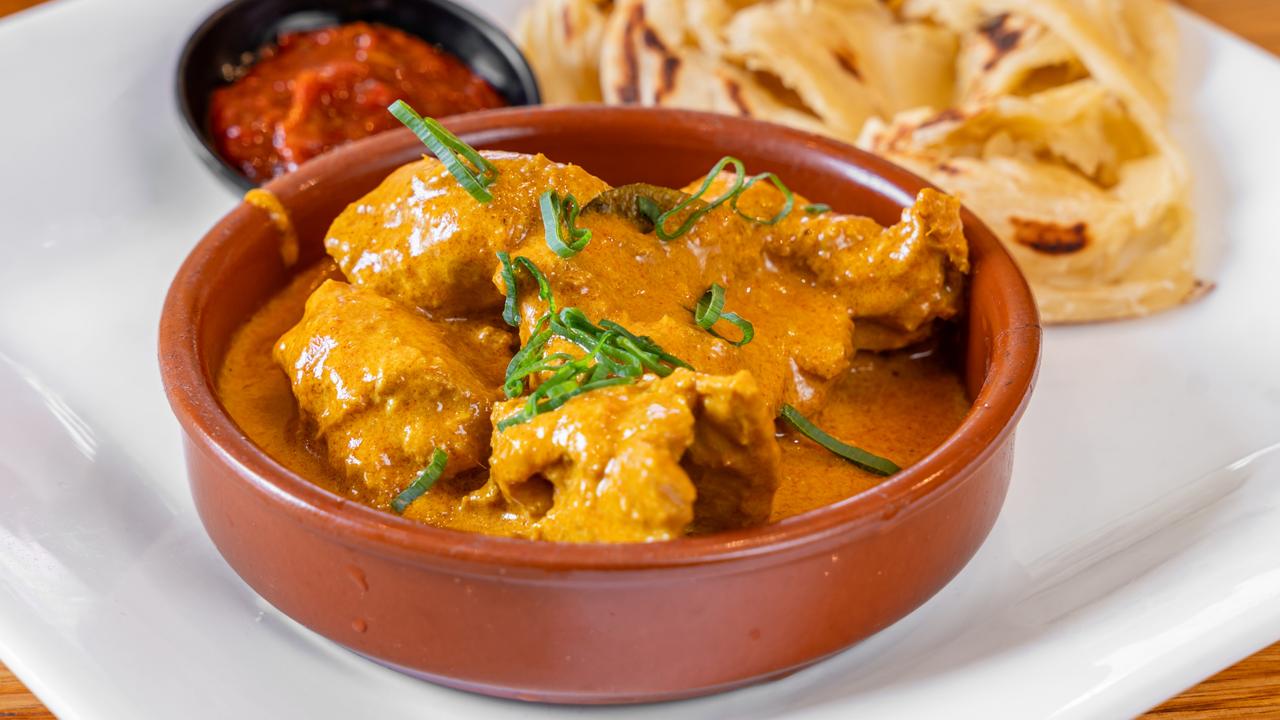Why many of Tasmania’s food businesses are short-lived
WHY is it that, despite loyal customers and glowing reviews, many food businesses are short-lived?
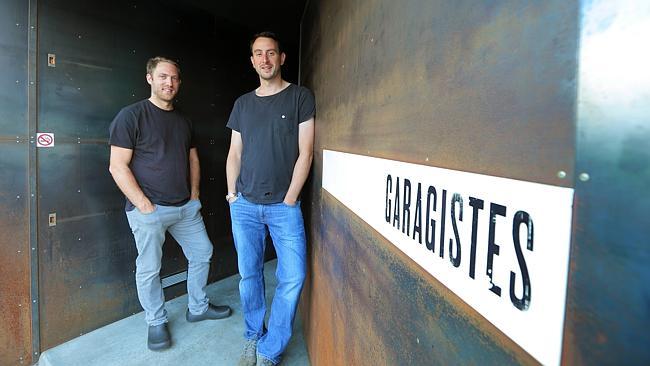
Food and Wine
Don't miss out on the headlines from Food and Wine. Followed categories will be added to My News.
TONIGHT’S farewell dinner at Garagistes spells the end of what will be remembered as a game changer in Tasmania’s restaurant industry.
Chef Luke Burgess’ innovative food pairings and commitment to local produce and the venue’s minimal interior have, in five short years, helped cement Hobart as a serious food destination.
Even its wine list, focusing on “natural” wines (sometimes interesting, other times plain faulty), and its often-infuriating original no-bookings policy earned Garagistes a certain degree of credibility, particularly among interstate food lovers.
Like so many restaurants that have shone brightly over the years, it could not go on forever. Burgess flagged the intention to sell Garagistes back in 2013 and hoped to be out by mid-last year.
The owners, who include Burgess, recently sold everything but the name to a Tasmanian family.
The relentless hours and creative energy required to maintain food and service standards have clearly taken their toll.
Mentally and physically fatigued, Burgess and co-owner Kirk Richardson say they simply plan to rest once the dishes are done and the bins taken out after tonight’s final service.
It is worth reflecting on why it is that so many food businesses are short-lived despite attracting loyal customers and glowing reviews.
Relationship breakdowns and business partnership bust-ups have been responsible for many notable closures, but often it is simply a matter of fatigue.
“The reason restaurants, in general, have short life spans compared with other businesses is the intensity,” Burgess says.
“There’s no day when you can wake up and say, ‘Oh today I’ll just be giving 50 per cent’, because it’s just not possible. In a year we would work easily double the yearly hours of any other industry.
“Effectively, it’s probably been 10 years not five.”
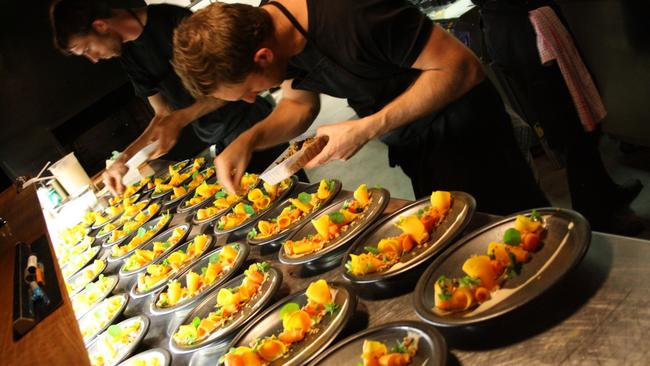
Garagistes earned significant praise from influential food reviewers including The Australian’s John Lethlean, but Burgess says for every fan, there was someone who hated the concept and food.
Even the positive reviews were a burden of sorts, he adds.
“When you do get press and reviews and awards you have to deal with the pressure that comes with that and the expectation,” Burgess says.
“Sometimes that weight of expectation is far heavier than the reality.”
Richardson, who manages Garagistes, says hospitality used to be a job he could do while pursuing other interests such as building his own house.
“Then this interest [Garagistes] got too big and no other interests could be pursued,” he says.
Richardson is looking forward to finally having some time to spend with his wife and eight-month-old child. The third co-owner, Katrina Birchmeier, is in New York preparing to open a wine bar.
TasWeekend food writer and former restaurateur Graeme Phillips says the average diner is unlikely to be aware of the effort that goes into creating a top dining experience.
“Those like Luke [Burgess], although I didn’t always enjoy his food, really aim for the top and put in every ounce of their creativity,” Phillips says.
“People don’t realise just how demanding that is both physically and mentally.”
Phillips’ former Prospect House in Richmond is on fellow food reviewer Helen Ellis’ list of favourite restaurants of the past, which have shone bright and burned out.
Other greatly missed venues include Dear Friends, opened by the late Geoff Copping in the 1980s, the original Conchetta’s and Tasmania’s first Chinese restaurant, Golden Dragon, run by the Chungs, who still supply fruit and vegetables to venues around the state.
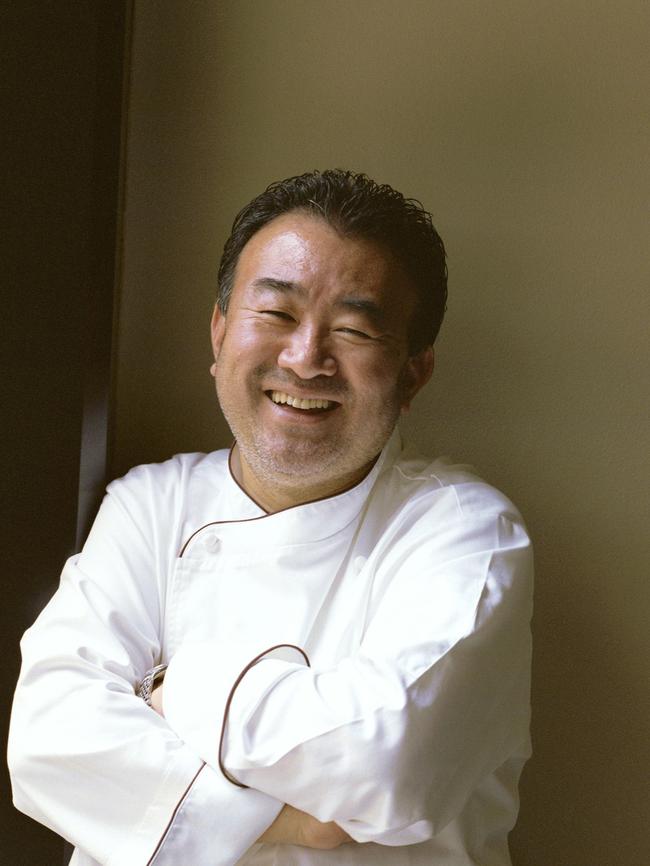
Former North Hobart restaurant Lickerish, run by Kathryn Wakefield and Robin Black, was short-lived but is still remembered fondly, as is Launceston’s Fee & Me, which operated for close to 20 years.
Ellis, who has been working in or observing Hobart’s restaurant industry for more than 40 years, says Tasmania’s small population is partly to blame for many a restaurant demise.
“If you look at the [Facebook forum] Eating Out in Tassie, everyone just wants a $10 pub meal,” Ellis says. “We need a bigger population and people who are willing to go out and pay the eating out prices.”
She says some restaurants suffer a decline in quality and service if they “try to get too big” or if the owners are not willing to invest heavily enough in staff training and oversight.
“If you have someone there who can train people brilliantly you don’t have that problem,” Ellis says. “The reason Da Angelo [in Battery Point] is still going strong after 20 years is that the owner Angelo is still out the front greeting every customer as if they are a friend.”
Similarly, albeit at a higher level of dining, Scott Minervini at Lebrina has maintained consistent excellence over nearly two decades, Phillips says.
Other esteemed chefs Andre Kropp (formerly Meadowbank and The Henry Jones) and Paul Foreman (formerly Gondwana and Marque IV), have given up the 80-hour working week lifestyle to take on executive chef roles at Wrest Point and The Kalis Group respectively.
Phillips also notes top Sydney restaurants such as Tetsuya’s and Quay have a “brigade” of highly trained chefs and other staff who run the business while the men who made the restaurants famous, Tetsuya Wakuda and Peter Gilmore, oversee them.
“They can create the menus and demand the standards but they’re certainly not in there slaving over a hot stove,” Phillips says.

There is a saying in the wine industry that if you want to make $1 million start with $10 million. Those in hospitality say the same can be said for starting a restaurant. As Gordon Ramsay once said, most do not survive past their first birthday.
So why do so many people put their bodies, life savings and relationships on the line for the sake of running their own food business? The answer it seems is often a mixture of passion and thrills.
“If I was six months younger I would go back into it,” Phillips says.
“It’s fantastic. Every day is a buzz and you’re just running on adrenalin.”
Despite clearly suffering from exhaustion, Burgess has not ruled out owning and operating another restaurant in the future, although not in Hobart (Burgess is going home to Sydney and his girlfriend is from Brazil).
“Is it something I’d do again? Potentially,” Burgess says.
“Like any restaurant, the daily responsibility of having a place that’s working with fresh products and the general public is a really challenging but rewarding mix.”
Former chef James Aubrey embarked on his new career as an award-wining viticulturist after experiencing “an epiphany” in his early 20s.
“I was in Ireland working for a grumpy old head chef who had been in the industry too long and looking at him I could see what could happen to me in the future,” says Aubrey, now a viticulturist for Jansz and living a much more relaxing life in Richmond.
While Aubrey is now much happier on the receiving end of hospitality as an avid restaurant-goer, he understands why others are addicted to the industry.
“It’s an adrenalin rush. I still get chills thinking about the anticipation and excitement of a busy night,” he says.
As the Garagistes chapter closes, it has paved the way for a new, more sophisticated era for Hobart’s restaurant industry.
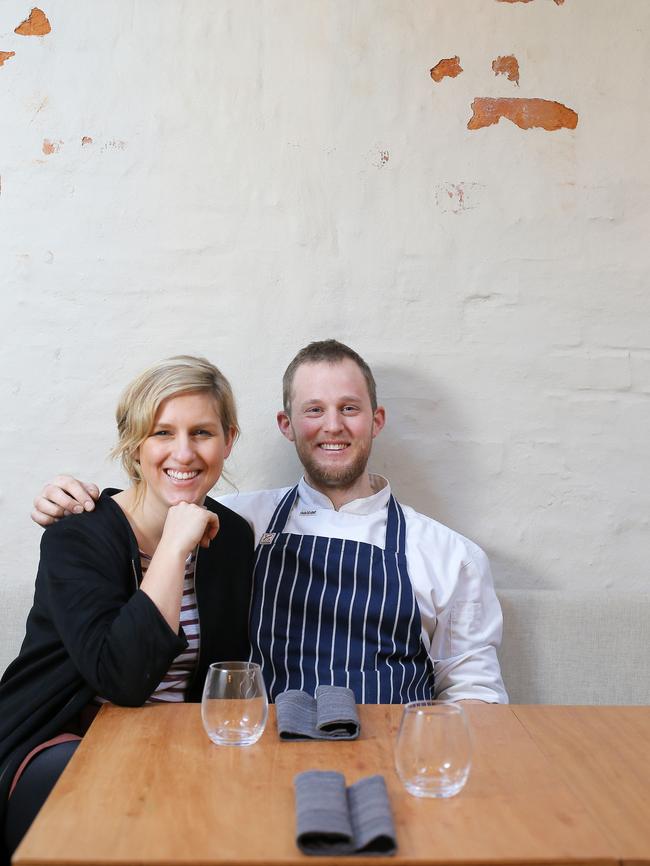
David Moyle at Franklin has taken over from Burgess with his love of fresh local produce, clean flavours and again those controversial natural wines from Europe.
Iain Todd and his partner Chloe Proud have extended their Ethos brand beyond the original restaurant to encompass a lunchtime café, cocktail bar, frozen yoghurt shop and, most recently, a juice company Tasmanian Juice Press.
MORE: TOP TASMANIAN CHEF SHARES HIS ETHOS OF FINE DINING
The team behind Smolt has set a new standard for atmosphere and interior design with Frank in the Marine Board Building and a bevy of talented young chefs are showing off their stuff at cafes such as Pilgrim Coffee, Room For A Pony and Tricycle.
The blokes at Willing Bros Wine Merchants in Elizabeth St, North Hobart, have created the type of neighbourhood wine bar with good, simple food that anyone who has spent time in Europe yearns for.
No wonder locals are saying Hobart’s food scene has finally come of age. All that is needed is enough passionate hospitality workers and, most importantly, enough customers willing to pay enough to meet the cost of their wages, to keep the businesses afloat.
“For more great lifestyle reads pick up a copy of TasWeekend in today’s Saturday Mercury”

